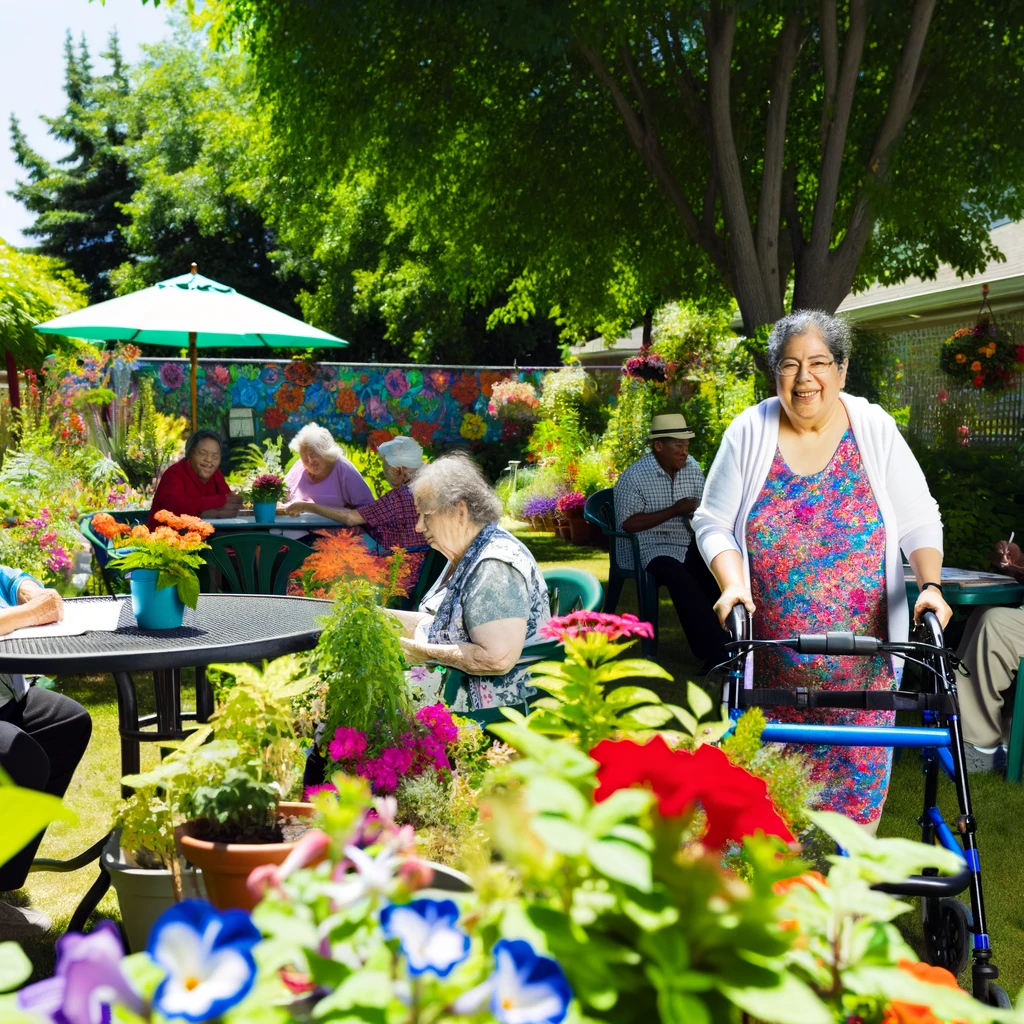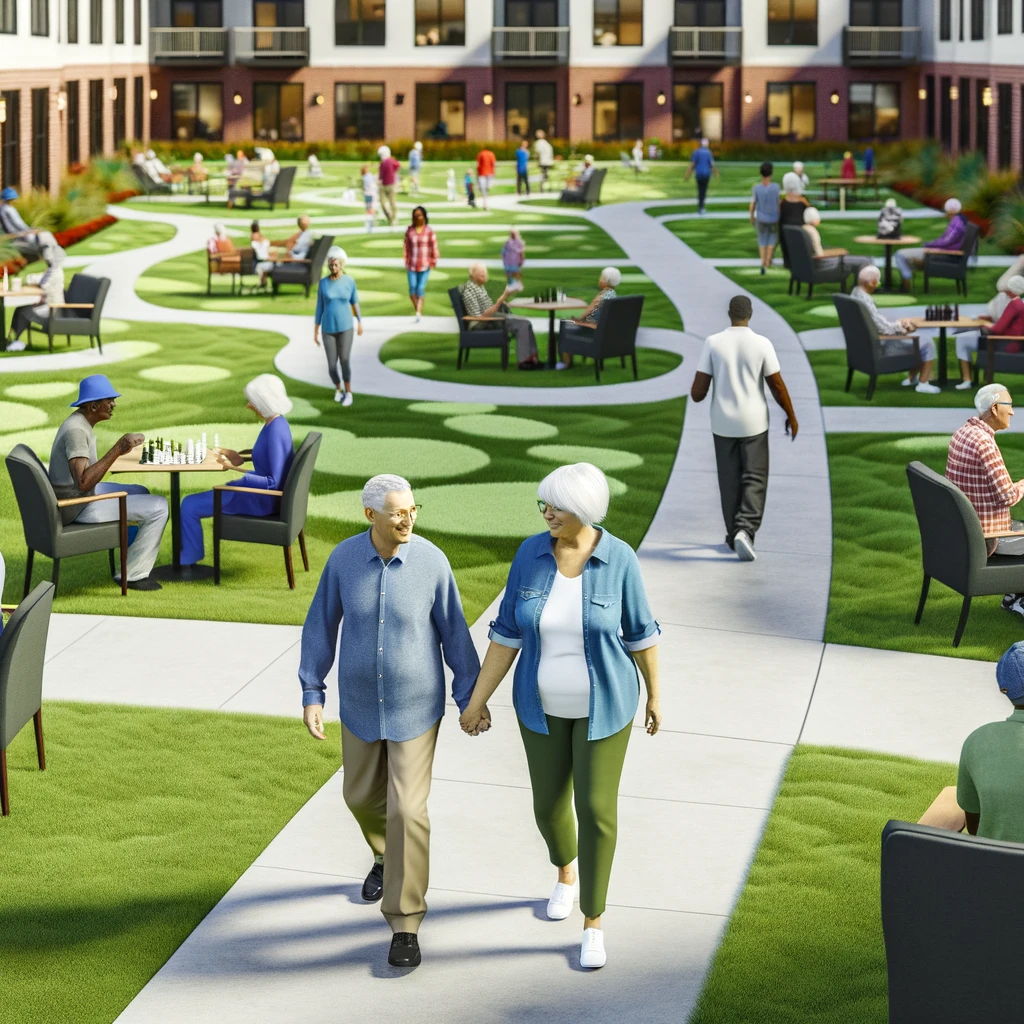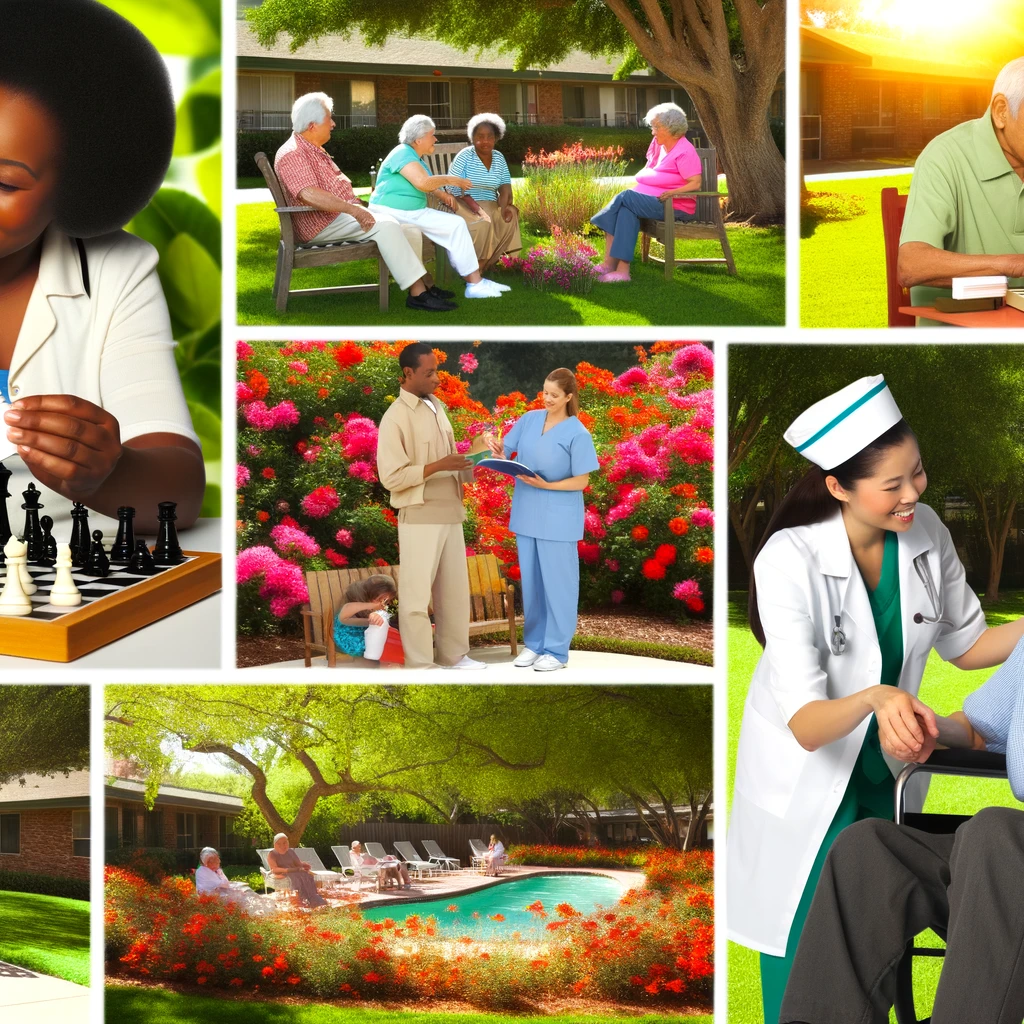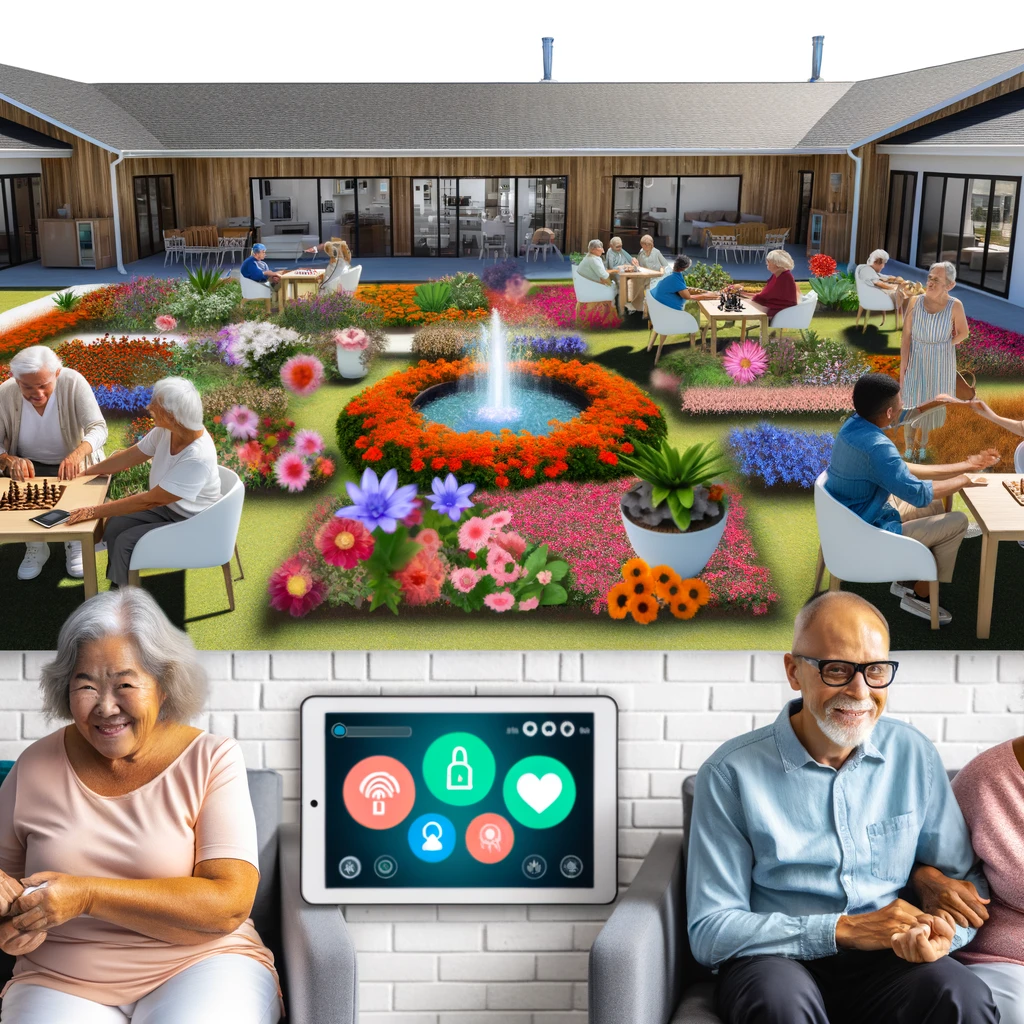Related Articles











As the global population ages, the demand for senior living communities is on the rise. These communities offer more than just a place to live; they provide a comprehensive healthcare system tailored to meet the unique needs of older adults. This article delves into the importance of moving beyond basic needs to offer holistic care that enhances the quality of life for seniors.
The aging process brings with it a host of health challenges that require specialized care. Traditional senior living facilities often focus on the basics such as meal provision, hygiene, and medication management. However, comprehensive healthcare goes a step further by addressing physical, emotional, and social well-being.
Comprehensive healthcare in senior living communities includes preventative care, chronic disease management, and rehabilitation services. Regular health screenings and personalized care plans ensure that residents receive the necessary medical attention. Facilities often employ a team of healthcare professionals including doctors, nurses, and therapists who work together to create a supportive healthcare environment.
Addressing mental health is crucial in senior living communities. Depression and anxiety are common among seniors, often due to isolation or health-related stress. Comprehensive care involves mental health assessments and access to counseling services. Activities and social programs are designed to engage residents, ensuring their emotional needs are met and reducing the risk of mental health issues.
Social interactions play a vital role in the well-being of seniors. Comprehensive senior living facilities encourage socialization through community events, group activities, and clubs. These interactions help build a sense of community and belonging, which is essential for the mental and emotional health of residents.
Today's senior living communities are embracing technology and innovation to enhance healthcare. Telehealth services allow residents to consult with healthcare providers remotely, ensuring timely medical attention. Additionally, wearable health technology helps in monitoring vital signs and alerting caregivers in case of emergencies.
Personalized care plans are at the heart of comprehensive healthcare in senior living. These plans are tailored to the individual needs of each resident, taking into account their medical history, preferences, and lifestyle. By focusing on personalized care, facilities can provide more effective and relevant healthcare services.
Family involvement is crucial in the success of comprehensive healthcare in senior living. Regular communication between family members, caregivers, and healthcare providers ensures a coordinated approach to the resident's care. Families are encouraged to participate in care planning and decision-making processes, fostering a supportive environment for seniors.
Comprehensive healthcare in senior living is essential for ensuring the well-being of older adults. By addressing physical, emotional, and social needs, senior living communities can provide a holistic care experience that goes beyond basic needs. As the industry continues to evolve, the focus remains on enhancing the quality of life for seniors, ensuring they live healthy, fulfilling lives.